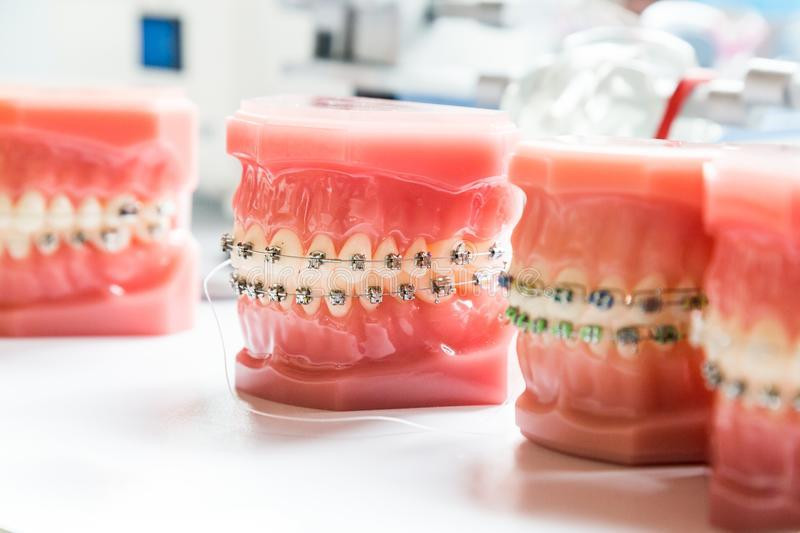Inflammed, swollen, or bleeding gums might not seem like a huge deal but they’re often the very first signs of what is labeled gum disease or periodontal disease. Periodontal disease can have serious consequences and can even cause critical health problems for you in the long run, if it’s ignored for too long.
But the question remains what exactly is gum disease? The symptoms can range from slightly swollen gums to full-on oral gum infection which may lead to tooth loss or mouth ulcers. Poor oral hygiene is usually the reason but studies show that people with a family history of periodontal problems may be more likely to develop gum disease in their lifetime.
What are the symptoms of Gum Disease?
The symptoms of gum disease may include:
- Tender or soft gums
- Bleeding, inflamed, or swollen gums
- Having red gums instead of pink
- Bad breath
- Difficulty in eating
- Ulcers or abscesses
- Loosening or rotting teeth
How to prevent gum disease?
Learning how to prevent gum disease is pretty easy:
- Brush your teeth-
Most people don’t brush their teeth often enough, which leads to a build-up of plaque and tartar. In your gum line and in your mouth, the bacteria can lead to oral infections.
- Floss Often-
The benefits of flossing cannot be ignored dentists say it all the time. From between your teeth flossing removes particles that means bacteria have less to feed on. Fewer bacteria means less plaque and less plaque means a reduced chance of developing periodontal problems.
- Use Antiseptic Mouthwash-
When you rinse your mouth with popular mouthwashes be careful. Because most over-the-counter rinses only eliminate bad breath as they do nothing to eliminate the bacteria that causes it in your mouth. For recommendations, ask your dentists.
- Schedule Regular Checkups-
You’re developing the signs of periodontal disease if you’re afraid, then once a year won’t cut it. You can keep your mouth healthy by scheduling more frequent cleanings with your dentist and it will help in eliminating bacteria. A medical professional fix those problems may eliminate the need for oral surgery later. How to prevent gum disease from reoccurring, you can ask your dentist.
What are the treatments for gum disease?
All hope isn’t lost if you are already suffering from gingivitis. For gum disease, there are a number of treatments that are relatively quick and limited in their discomfort.
- Scaling:
To remove built-up plaque and tartar, scaling is the method most dental practitioners use. If the build-up is severe, some patients may experience discomfort.
- Capping or Filling:
Your dentist will do the job of filing and capping down your chipped or broken teeth. Smoother teeth are “safer” because there’s less of a chance of them catching on your gums, tongue, or cheeks.
- Roof Planing:
On the roots of your teeth, if you have rough spots then your dentist may recommend root planning to get rid of them. With or Without a laser this procedure can be done. Though, be warned that this option can be more painful than standard deep cleaning.
- Medication:
Your periodontist may prescribe certain oral medications rather than recommend surgical treatments for gum disease if your case is serious.
